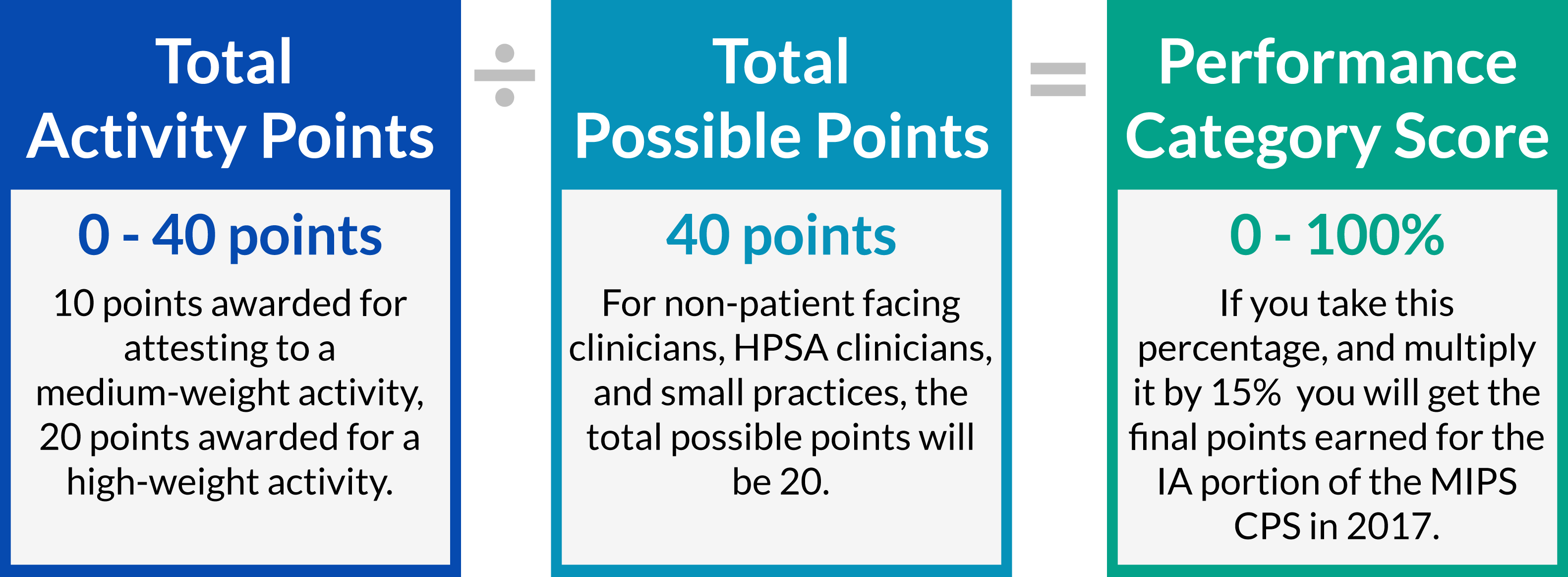CMS has recently lifted requirements for physicians participating in various bundled-payment initiatives. In a Proposed Rule released in August, the Health and Human Services agency proposed canceling the mandatory Episode Payment Models and Cardiac Rehabilitation Incentive payment model, which were scheduled to begin in January. HHS also plans to reduce the number of geographic areas mandatorily participating in the Comprehensive Care for Joint Replacement (CJR) model from 67 down to 34.
Lauren Patrick

Recent Posts
Value-based payment models aim to address rising healthcare costs, clinical inefficiency and duplication of services. To survive in an industry with increasing competition a solid understanding of the business case for implementing value based care is imperative.
The most notable value based care program currently is the MACRA Quality Payment Program, which provides the option to participate in MIPS or an advanced APM. If you’ve been keeping up with our blog posts recently you may already know that the deadline for the last MIPS performance period of the year is October 2nd, and that as long as you start collecting data by that date you will be able to report successfully.
Topics: MACRA & MIPS, VBC
CMS is worried about how few providers understand or are even aware of MACRA. As we near October 2nd, the deadline by which 400,000 eligible providers must start tracking data in order to avoid a financial penalty in 2019, CMS has found that around 40% of clinicians and even fewer nurse practitioners have a solid understanding of the requirements. Their concern is only supported by a recent Integra Connect survey which finds that most specialty physicians have not yet made the operational changes necessary to succeed in the new world of value based care.
Topics: MACRA & MIPS
Statistically, you aren’t sure how you’re supposed to comply with quality reporting requirements this year. As late as June 2017, the majority of providers were still unfamiliar or only somewhat familiar with MACRA; only 9 percent described themselves as “very familiar”. But unless you’re a part of that 9 percent, we highly recommend that you take some time ASAP to familiarize yourself with the requirements and to make a plan for the rest of the year. And as part of that plan, here are four reasons why we recommend that you select Improvement Activities for your practice today (yes, literally today):
Topics: PRO Tips, MACRA & MIPS, IA Performance Category
In our last post, we covered some of the basic questions you should be asking yourself when choosing quality measures to report under MIPS. In part two of this series, we go over a few more specific questions that can help guide you to picking the best measures for your practice.
Topics: MACRA & MIPS, Policy, Quality Performance Category
So you’re a MIPS-eligible clinician (if you’re not sure about your participation status, check out our post about how to find out), and you don’t want your practice to miss out on the reimbursement you know you deserve. But how should you decide which quality measures to actually report to CMS? How can you know if the measures you’re choosing will ultimately lead to reporting success, and is there a way to use those measures to not just fulfill the requirements but actually improve your practice? We’ve put together a two-part post to guide you through the most important factors to consider when deciding what might be best for you and your practice. First, the basics:
Topics: MACRA & MIPS, Policy, Quality Performance Category
 The shift from volume to value-based care can be frustrating, especially when the reasons behind such a significant change aren’t clear. But with an estimated 250,000 American deaths per year caused by medical errors, minimizing these errors is a noble and vital effort. Additionally, CMS is now raising the bar for healthcare providers with the assessment of quality metrics against benchmarks and peers. With that in mind, let’s break down the meaning of, and intentions behind, Quality Measures.
The shift from volume to value-based care can be frustrating, especially when the reasons behind such a significant change aren’t clear. But with an estimated 250,000 American deaths per year caused by medical errors, minimizing these errors is a noble and vital effort. Additionally, CMS is now raising the bar for healthcare providers with the assessment of quality metrics against benchmarks and peers. With that in mind, let’s break down the meaning of, and intentions behind, Quality Measures.
Topics: MACRA & MIPS, Policy, Quality Performance Category
Three Ways to Check Your MIPS Participation Eligibility Status
When we asked MIPS eligible clinicians about their experiences transitioning from PQRS this year, one of the biggest takeaways was that quality matters even more under MIPS than it did under PQRS. Clinicians who want to maximize their reimbursement would consequently be very smart to start reporting as early as possible, and to adjust performance to maximize quality, rather than waiting until the end of the year. If you’re not sure whether or not you are a MIPS-eligible clinician, take advantage of one of the following resources for determining your MIPS participation status as soon as possible so that you don’t get left behind.
Topics: PRO Tips, MACRA & MIPS, Eligibility
On Monday night this week, in the wake of news that there might not be enough votes to pass the updated Senate version of the AHCA, Senate Majority Leader Mitch McConnell (R-KY) announced a plan to vote for legislation that would repeal most of Obamacare without immediately putting an alternative in place. The alternative plan would instead be developed over the course of the next two years.
Topics: Policy
Transparency is a vital aspect of the transition to quality care because it allows patients to make more informed healthcare choices. To this end, CMS has increased accessibility of physician information with the Physician Compare website, which publicly reports provider data including some quality measures. If you are a provider and want to assess or even optimize how you appear compared to your peers, you may have questions about how the Physician Compare website works and how to make sure it represents you accurately.
Topics: MACRA & MIPS, CMS, Physician Compare, Policy









